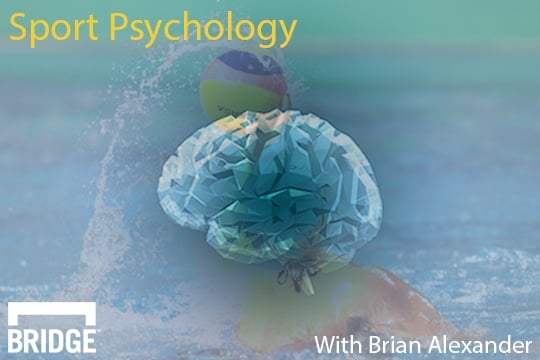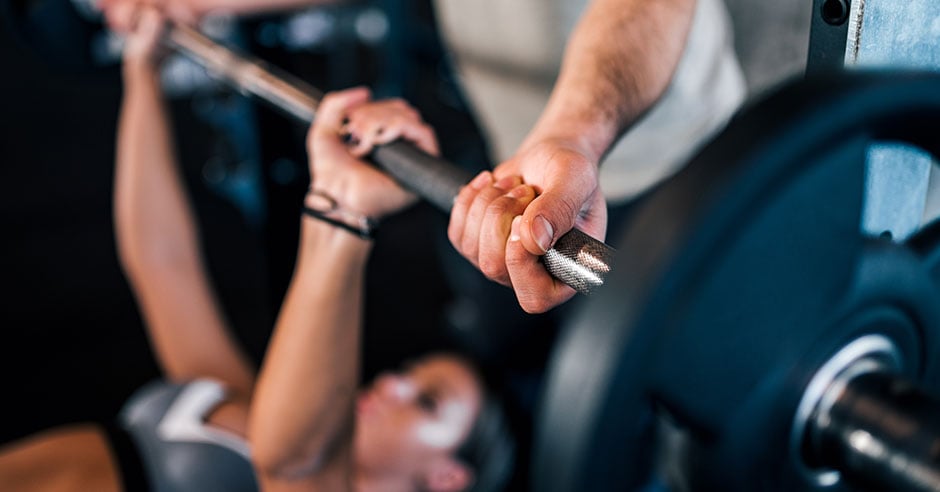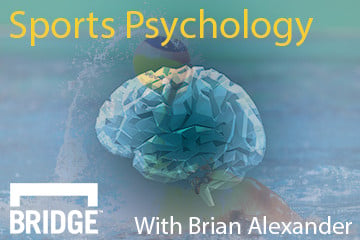Sports Science: Embracing a Psychology of Excellence

This month’s edition of Sports Psychology builds on The Skill of Reflection, a discussion of how athletes’ view of their past performances affects their future competitions, posted last month on the blog.
The greatest performances in history across sports all started with one important developed trait: confidence. Athletes and teams that achieve excellence on the biggest stage at some point come to believe in themselves, their training, and their ability to realize their peak potential in that moment. Ironically, and perhaps counter-intuitively, developing confidence does not start by looking forward at the goals you want to achieve. Rather, it starts by developing a deeper level of self-awareness through the introspection and reflection of past peak performances when physiological and psychological factors align optimally for you and other athletes. Your own past peak performances are the most important because you have detailed knowledge from first-person experience but you can learn a lot from watching others as well.
One of the most important points an athlete needs to understand is that confidence is developed through practice, not inherited. Confidence must be nurtured and developed over time, knowing that it can be influenced by both positive and negative feedback from one’s social environment. This step-by-step process is also why reflecting on past performance plays an important role in developing one’s belief about themselves and their performance-specific skills. Reflection can provide knowledge and insights for athletes because, when it comes time to perform, they have total control in their ability to execute. This control begins with their belief that success is possible and should not be immediately destroyed by mistakes along the way.
One case in point is the 1954 story of Roger Bannister breaking the four minute mile barrier. Scientists believed it was physically and mentally impossible to endure the level of load on the runner necessary to break four minutes. Roger Bannister failed several times leading up to his successful attempt when finally his unwavering belief prevailed. Watch the video here and listen to Roger Bannister’s thought process during the race:
While one extraordinary feat by a talented athlete doesn’t prove the need for belief in oneself and the effect confidence can have on athletes, it is amazing to know that immediately following Bannister’s world record setting achievement 37 other runners broke the barrier that same year! These runners, who accomplished what was never before thought possible, erased their doubts that held their performances back. Of course, extraordinary feats require hard work and persistent training, but without the mental side, extraordinary potential can remain ordinary.
So, how can you develop and grow your own level of self-confidence? Below are four prerequisites that every athlete should consider as they continue to evaluate training and competition performances:
- Understand the relationship between thoughts and performance
- Look for the connection between what you thought, how you felt (affect), and then what action you took
- Develop self-awareness
- Know your strengths and your weaknesses. Win the battle with yourself and decide whether your thinking habits match what you want from your actions
- Develop an Optimistic Explanatory Style
- Describe successes, failures, and mistakes to yourself and others as good mental training
- See challenges and obstacles as improvement opportunities
- Embrace a psychology of excellence
- Go for your dreams; build on your successes; be your own best friend, biggest fan and greatest coach; and create your own reality to match your ideal outcome
About the author: Brian Alexander is a mental skills coach who combines eight years of experience as an Olympic level water polo athlete, a master's degree in sport psychology, and business leadership training and coaching from The Ken Blanchard Companies to partner with athletes and performers of all ages and levels. "My passion is to empower others to succeed in life, athletics, performance, and daily activities. My personal mission statement is to be a genuine and honest leader who collaborates with and learns from others in order to find a mutual personal level of excellence physically, mentally, and spiritually."
Contact info for Brian Alexander:
Website: www.athletementalskillscoach.com
Twitter: @BA_POS_MIND
Facebook: Athlete Mental Skills Coach
LinkedIn: www.linkedin.com/in/brianalexander3
About the Author

At Bridge, we are all athletes and coaches first. As athletes, our team has experienced everything from riding the pine on JV, to winning NCAA championships, to competing in the Olympic Games. As coaches, we have helped countless athletes reach their full potential, winning everything from age group section championships to Olympic Gold Medals.
Related Posts

The Best Bench Press Variation You’re...
This post is part of our Coaches Corner series with Taylor Rimmer. Taylor is NSCA-CPT, StrongFirst...

Does Powerlifting Harm Heart Health?
A recent study has discovered that a 12-week supervised strength training program (SSTP) may result...
-1.png)
Barefoot Running: Is It For You? |...
Run Free: Consider Less Cushion
Updated October 2020:
With more athletes looking for ways to...

